Nature reports
Page 19 of 75 - 741 Results
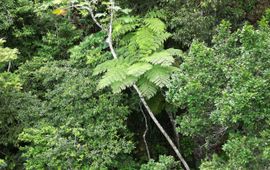
For 138 years, the steep slopes of the Quill volcano in Statia concealed a forgotten tree fern. Since 1885, the West Indian Tree Fern had not been recorded on the island. But during a vegetation survey, researchers found no less..
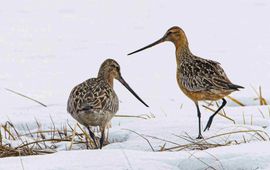
Changing climate may slowly erode the difference between two subspecies of bar-tailed godwits. That warning is voiced by bird researchers from the Royal Netherlands Institute for Sea Research (NIOZ) and the University of Amsterdam..
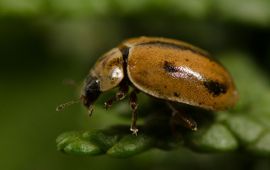
Every Christmas the stories resurface: supposedly about 25,000 creatures are living in your Christmas tree. Exactly how much of this is true and which insects can actually be found? Naturalis' insect expert Aglaia Bouma can tell..

Birds are affected by the mass use of fireworks on New Year's Eve up to a distance of ten kilometres away. This is concluded by researchers of the University of Amsterdam, based on data from weather radar and bird counts. They..
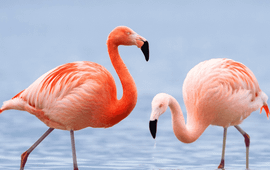
Kickstarting last month's Nature-Based Solutions symposium, Mr. Charles Karangwa delivered an impactful speech on the potential of Nature-Based Solutions (NBS) to catalyze substantive action for sustainable development. He..
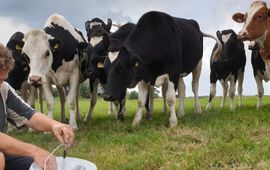
How do we enhance biodiversity on farmland? To do this, farmers need to be motivated to care and promote it. But it also requires people who can monitor the developments through their observations and counts. Citizen science is..
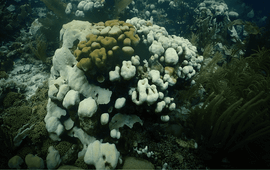
The Caribbean Research & Management of Biodiversity Foundation (Carmabi) has noted that there is another ‘coral bleaching event’ on the coral reefs of Curaçao this year. This phenomenon was noticed about 16 weeks ago and is..
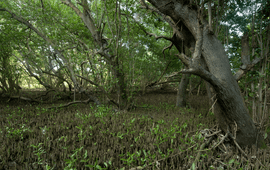
A new partnership between World Wide Fund for Nature – Netherlands (WWF-NL) the Dutch Caribbean Nature Alliance (DCNA) and Coastal Dynamics will spearhead an initiative to define future conservation and restoration projects within..
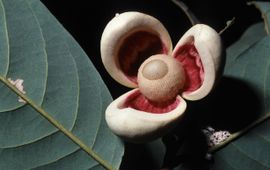
On the 30th of November a new book on the flora of the Guianas was festively presented at Naturalis. This book is a unique collection of the tropical plant family Annonaceae – also known as the soursop family – from Guyana, French..
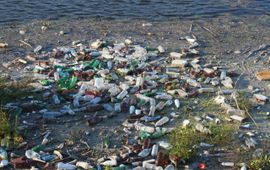
Plastic pollution is a global problem and Dutch rivers are no exception. Anyone who has ever walked along their banks will know the sight of bottles, caps and food packaging. But some of that litter may originate from elsewhere...
